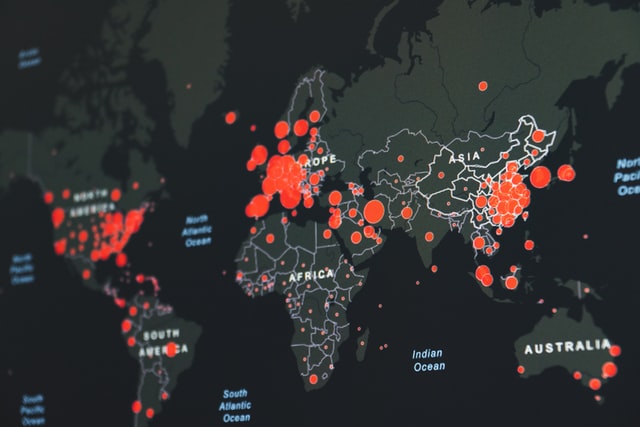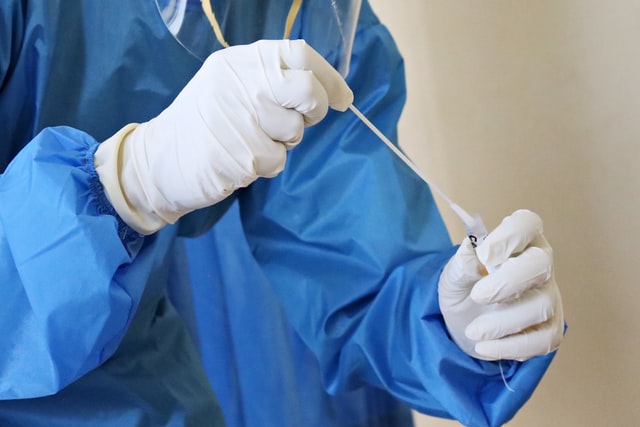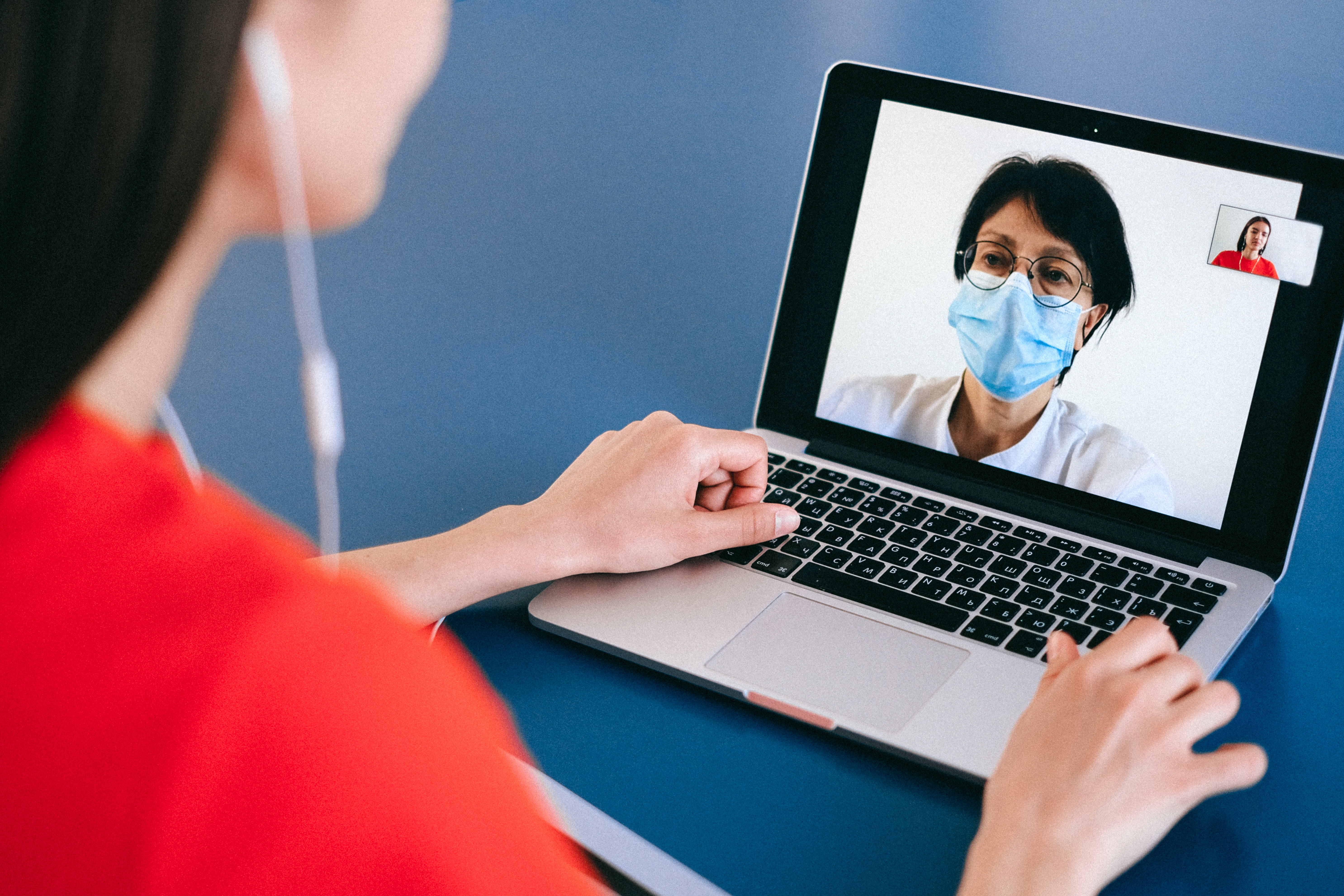A year or so into the pandemic, Indonesia is still struggling to cope with the rising number of domestic COVID-19 cases. According to data from Worldometer, in July 2021 Indonesia recorded its highest daily total ever with 54,517 new infections and 991 deaths in a single day. In total, the country now ranks 15th in total cases worldwide as well as 5th in the total number of active cases.
With statistics suggesting that this trend will continue, the country needs immediate solutions and methods to combat the epidemic at hand. While Indonesia is attempting to do so, the fact remains that supplies and facilities to treat COVID-19 patients are limited. Thus, the Indonesian government is now turning to an alternate solution: Telemedicine, defined as the use of telecommunications technology to deliver medical care to patients in need. 
Digital-Based Health Services
As reported by Inquirer.net, there is an urgent need for alternative solutions as Indonesia’s nationwide hospital bed occupancy is already at 75%, while populous islands such as Jaa have exceeded 90% capacity. A report from Thomson Reuters Foundation News also found that the oxygen supply of local hospitals is scarce, which only serves as additional difficulty to the treatment of COVID-19 patients. With supplies running low and hospitals unable to meet the growing demand for treatment, the need for telemedicine services in Indonesia is dire.
Based on a white paper developed by Nextcontinent with insights and input from YCP Solidiance entitled “Telehealth: A Case for An Integrated Care Approach Beyond COVID-19,” the potential for countries to utilize telemedicine as an approach to treat COVID-19 is feasible. Although it remains a complex task, if Indonesia can develop a systematic approach that makes use of easily pre-existing, accessible infrastructure and resources, then the adoption of telemedicine in Indonesia is wholly possible.
In line with this, the Indonesian Ministry of Health is currently employing the services of privately-run telemedicine start-ups, some of which include Aldokter, GrabHealth, and Halodoc as per the Jakarta Globe and Healthcare IT News. The platforms tapped by the Indonesian government will provide COVID-19 patients with mild symptoms free telemedicine services, such as teleconsultations, medication delivery, and COVID-19 test booking. 
Room for Growth
Although the steps taken by the Indonesian government will surely be beneficial for its citizens, there remains room for growth in their telemedicine efforts. For Indonesia to further implement telemedicine services specific to COVID-19 treatment, an important consideration should be given to the role of unicorn startups—a term which refers to startup companies with a valuation of over 1 billion USD—because of their immense reach and capability.
Based on the YCP Solidiance white paper “Can Indonesia Achieve 100 Smart Cities by 2045?” published last August 2020, major cities like Jakarta already dedicate resources to partnering with e-commerce and unicorn startups as a way to transition to “smart cities,” which can be defined as a city’s integration of information and communication technologies (ICT). Furthermore, by placing an emphasis on unicorn startups, long-term telemedicine solutions become far more feasible as evidenced by the adoption of eHealth solutions in smart city Ekurhuleni, South Africa.
Indonesia currently has five unicorn startups: Gojek, Traveloka, Tokopedia, Bukalapak, and OVO. Given that these companies willingly comply and aid Indonesia, the transition toward telemedicine should go even smoother. The potential for collaboration is a realistic possibility as evidenced by Gojek. As backers of the previously mentioned Halodoc, they are presently and actively involved in Indonesia’s telemedicine efforts.
For further insight into trends and developments across Asian countries amid COVID-19, subscribe to our newsletter here.







